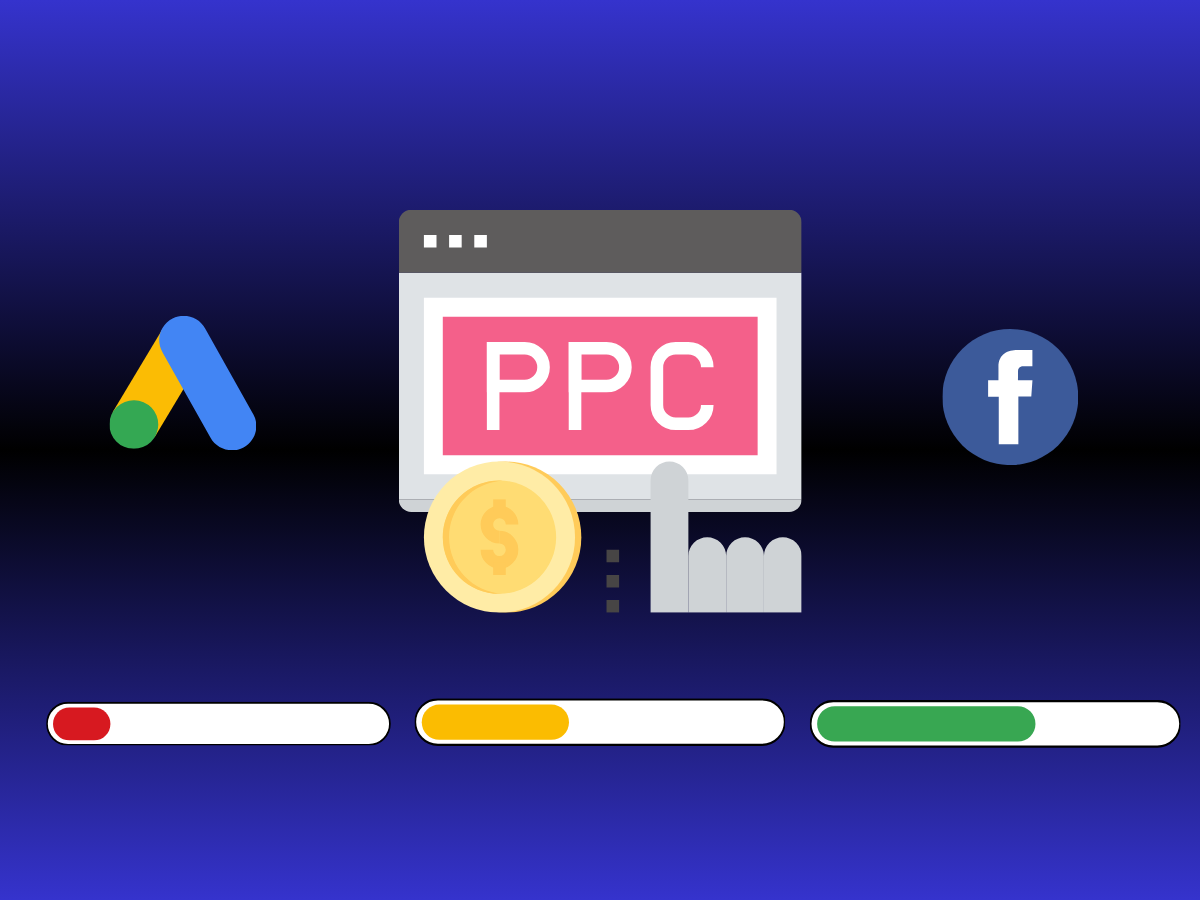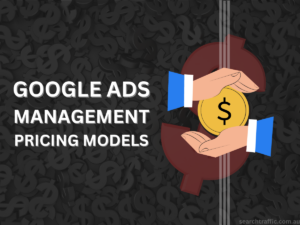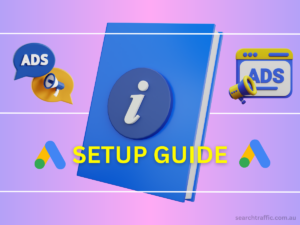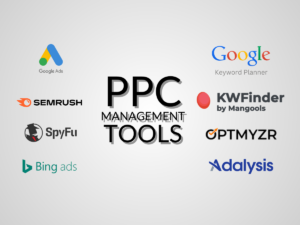Table of Contents
Running a successful online store requires a solid strategy for attracting customers, and pay-per-click (PPC) advertising has become a powerful tool that can’t be ignored.
With numerous options available, including Google Ads, Facebook Ads, and more, PPC marketing has quickly become an essential part of ecommerce success.
In this blog post, we’ll delve into the key components of effective PPC management for ecommerce businesses, including an overview of what PPC is, why it’s important, and best practices to help you build an optimised campaign that boosts traffic and sales.
Understanding PPC Management in Ecommerce
Pay-per-click advertising is a model of online advertising in which businesses pay each time a user clicks on one of their ads.
One of the most popular platforms for PPC advertising is Google Ads, which enables businesses to display ads in Google search results based on specific keywords.
Effective PPC management requires ongoing attention to detail and a comprehensive understanding of the platform’s nuances. This is why it’s important to work with a knowledgeable PPC management team to achieve optimal results.
Why PPC Marketing Is Essential for Ecommerce
PPC advertising can be a game-changer for ecommerce businesses with the ability to increase traffic, generate leads, and increase sales.
Increased Store Traffic and Its Impact

One of the most significant benefits of PPC advertising is its ability to drive immediate traffic to your online store. Unlike organic search engine optimisation (SEO), which can take months before seeing results, PPC ads appear at the top of Google’s search results almost instantly. This translates into more visibility and potential sales for your ecommerce business.
Targeted Ads for Increased Conversions
PPC advertising allows businesses to target specific audiences based on factors such as location, demographics, and interests.
This level of precision means that your ads reach the right people at the right time, leading to higher conversion rates. Additionally, with retargeting options available, you can advertise to users who have previously visited your site or shown interest in your products.
Detailed Analytics for Enhanced Campaign Performance
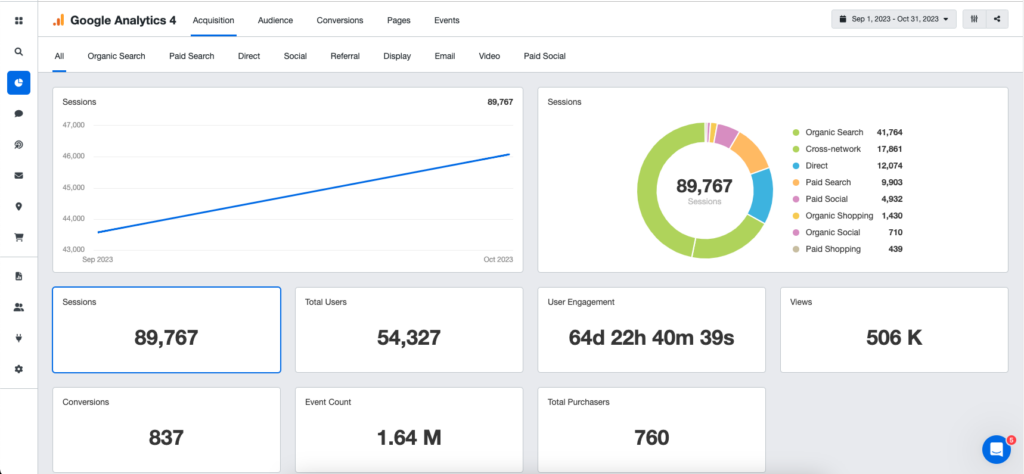
Another key benefit of PPC advertising is the ability to track and measure campaign performance through detailed analytics.
With this information, you can fine-tune your ads to maximise their effectiveness and ROI. This data also provides valuable insights into customer behaviour, which can inform other marketing strategies.
With the right strategy, businesses can align PPC advertising with their goals for measurable growth, while having control over costs through targeted advertising. Moreover, this strategy can bring in immediate traffic that will improve your website’s organic ranking.
Managing Marketing Budgets
Effectively Budgeting for PPC marketing can be challenging, but with careful planning and execution, it can lead to significant results.
By targeting specific keywords and setting bid limits, businesses can ensure that they’re spending their budgets wisely.
Additionally, tracking conversion rates and other metrics can help businesses refine their campaigns and allocate resources more effectively.
Best Practices for Ecommerce PPC Management
Effective PPC management requires a deep understanding of your audience and a willingness to experiment and adapt.
Enhancing Ad Click-through Rates: This involves crafting ad copy that is both engaging and relevant to the target audience. Use persuasive language and clear calls-to-action (CTAs) to entice potential customers. Test different versions of ad copy to see which resonates best with your audience.
Strategic Keyword Selection: Keywords are the foundation of PPC campaigns. Conduct comprehensive research to identify keywords that your target customers are using. Balance between high-volume keywords and more specific long-tail keywords that might have lower competition but higher conversion potential.
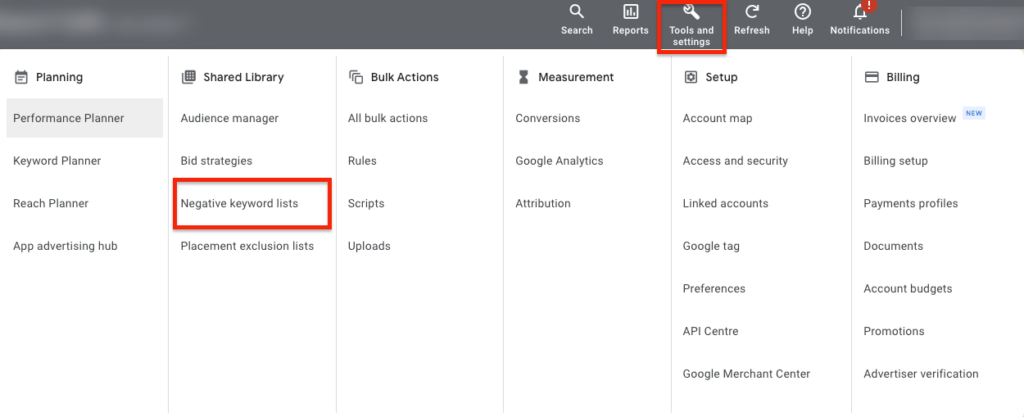
Effective Use of Negative Keywords: Negative keywords prevent your ads from showing up for irrelevant search queries. This refinement ensures your ad spend is focused on keywords that are more likely to convert, improving overall campaign efficiency.
Optimising Product Pages for Conversion: Once a potential customer clicks on your ad, the product page must convince them to make a purchase. This includes clear and compelling product descriptions, high-quality images, user reviews, and an easy-to-navigate layout.
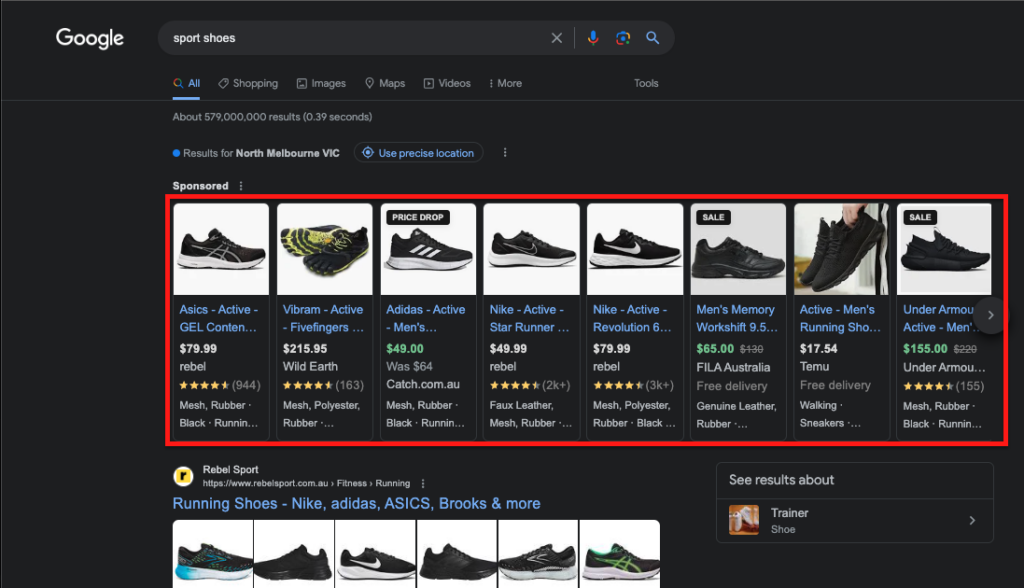
Maintaining an Accurate Product Feed: Regularly update your product feed with accurate and detailed information about your products. This is especially crucial for platforms like Google Shopping, where product feeds directly impact how your products are listed and perceived by potential buyers.
Improving the Shopping Cart Experience: A seamless shopping cart experience is critical in converting clicks into sales. This means having a reliable and user-friendly cart system, clear instructions for checkout, and minimal form filling requirements to prevent cart abandonment.
Leveraging Google Shopping Ads: Google Shopping Ads display products directly in Google search results, providing higher visibility. These ads should be optimised with accurate product information, competitive pricing, and appealing product images.
Implementing Dynamic Retargeting Campaigns: Dynamic retargeting allows you to show personalised ads based on the previous interactions visitors had with your site. This strategy is effective in bringing back users who showed interest in certain products but did not make a purchase, increasing the chances of conversion.
Building an Effective Ecommerce PPC Campaign
To build an effective ecommerce PPC campaign, consider the following key elements:
- Creating Ads That Convert: A Step-by-Step Guide
- Start with a clear understanding of your target audience.
- Craft compelling ad copy that highlights the unique selling points of your products.
- Use high-quality images or videos that showcase your products effectively.
- Include a strong, clear call-to-action that guides users on what to do next.
- Ensure landing pages are directly relevant to the ad content for a cohesive user experience.
- Leveraging Analytics for Campaign Optimization
- Regularly monitor key performance indicators like click-through rate, conversion rate, and cost per conversion.
- Use analytics tools to track user behaviour and understand how they interact with your ads and website.
- Analyse which ads are performing well and replicate their successful elements in other campaigns.
- Adjust targeting settings based on demographic and behavioural data to reach the most relevant audience.
- Continuous Testing and Adaptation: The Key to PPC Success
- Implement A/B testing for different elements of your ads, such as headlines, descriptions, and visuals.
- Test different ad formats and placements to find what works best for your audience.
- Regularly update and refresh your ad copy and creative to avoid ad fatigue.
- Stay adaptable and be ready to change your strategy based on market trends, customer feedback, and performance data.
Advanced PPC Techniques for Ecommerce
Retargeting and Remarketing
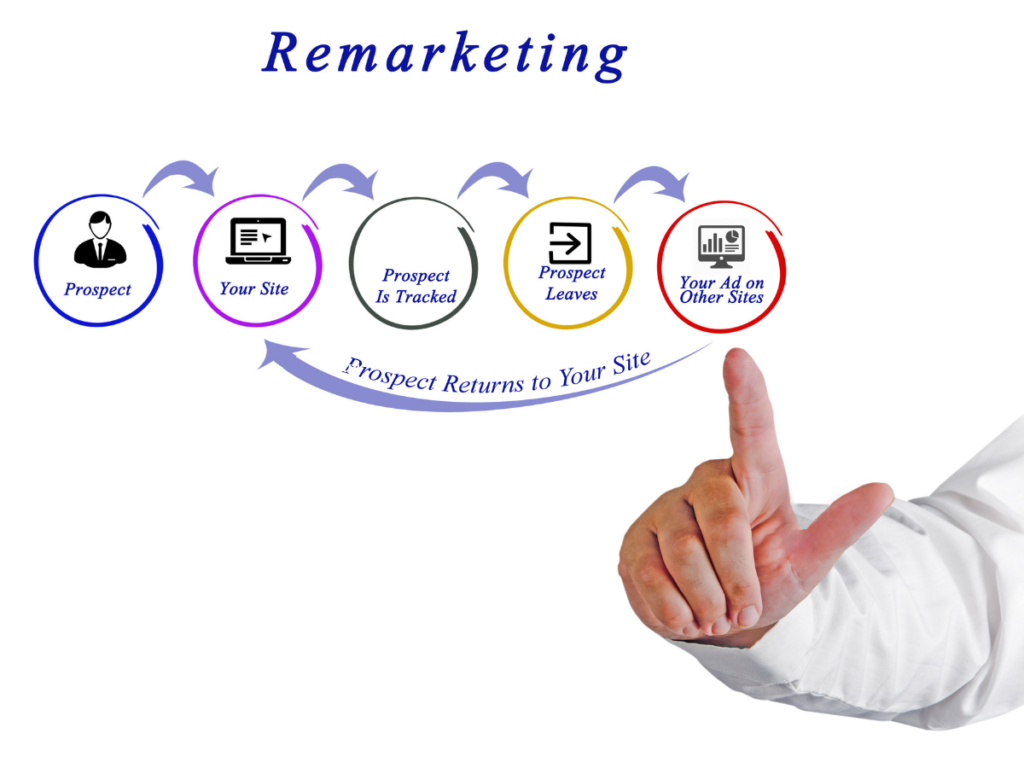
This strategy involves showing ads to users who have previously visited your website or engaged with your brand.
It’s effective because it targets users already familiar with your products or services, increasing the likelihood of conversion.
Retargeting can be done through various platforms like Google Ads and social media channels, using cookies or user data to serve relevant ads.
AI and Machine Learning in PPC
AI and machine learning algorithms can analyse large sets of data to optimise bidding strategies and ad placements.
They can identify profitable keywords that are less competitive, giving you an edge over other advertisers.
These technologies also help in predicting market trends and user behaviour, allowing for more targeted and efficient advertising.
Exploring Other Platforms Beyond Google
Amazon Ads provide a platform for reaching consumers who are in a shopping mindset, which can be particularly effective for ecommerce.
Microsoft Ads (formerly Bing Ads) offers access to a different user demographic and can have lower competition and cost-per-click rates.
Expanding to these platforms can help diversify your PPC strategy and reach audiences not covered by Google alone.
The Benefits of Hiring an Ecommerce PPC Management Company
When it comes to scaling your ecommerce business, professional PPC (Pay-Per-Click) support can make a significant difference.
Expertise and resources
Professional management brings a wealth of knowledge and experience to the table, allowing them to optimise and fine-tune your campaigns for maximum efficiency and results. These experts keep up with industry trends, algorithm updates, and best practices, ensuring that your ads remain relevant and effective.
Scale Your Ecommerce Business
Additionally, professional management teams have access to resources and tools that can enhance your PPC efforts, such as advanced analytics platforms and competitor research tools. With their expertise and resources, professional PPC support can help you reach a wider audience, increase conversions, and ultimately scale your ecommerce business.
Conclusion
Implementing a well-structured and continuously optimised ecommerce PPC campaign can drive significant growth and success for your online business.
By leveraging various strategies and techniques, such as retargeting, AI technology, and expanding to other platforms beyond Google, you can create a powerful and effective advertising strategy that drives conversions and increases sales.
Consider hiring an ecommerce PPC management company to take your campaigns to the next level and achieve even greater success. With their expertise and resources, you can expect to see a significant return on investment and continued growth for your ecommerce business.

